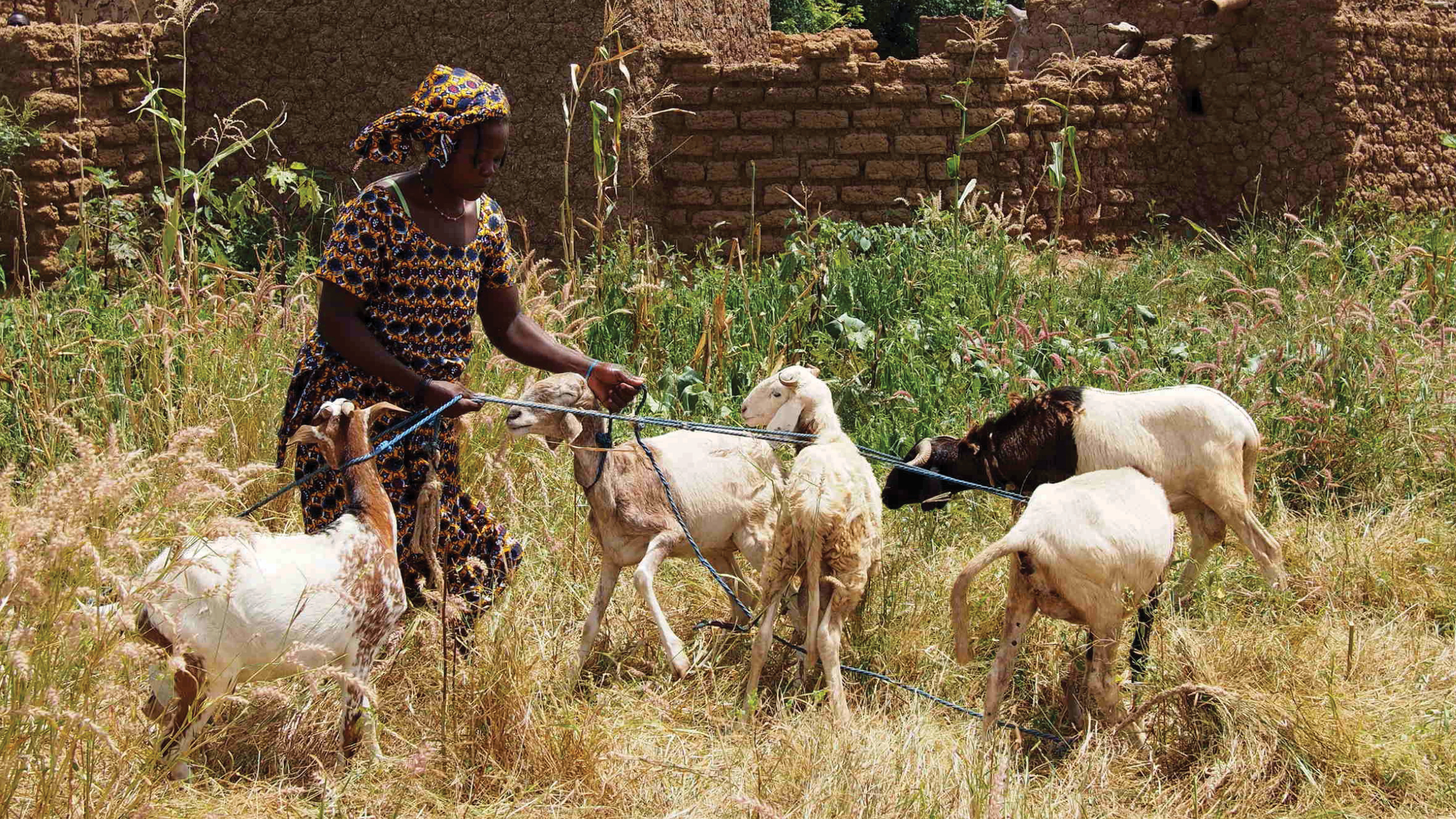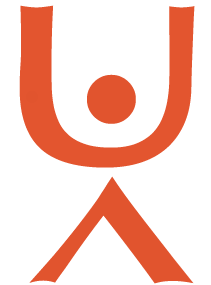Habi Sawadogo lives with her husband and five children in Monpelghin, a very rural community in Yatenga Province, Burkina Faso. Their main source of income prior to Trickle Up was her husband’s agricultural activities selling crops at the market, which wasn’t enough to feed their family.
Already risky because of weather and seasonality, farming requires arable land, irrigation, proper equipment, and quality seeds. Living in extreme poverty, Habi’s family had none of these assets, and eked a partial living out of the ground through sheer hard work. But even so, they still faced the dual challenges of competition and a glut of agricultural products in local markets that kept prices low and margins tight. These challenges are faced by many smallholder farmers like the Sawadogos. To supplement the family income, Habi picked wild fruit and other foods from the forest to sell in the village.
Even facing uncertainty about where their next meal would come from, Habi and her husband made sure their children could attend school. Their oldest three children, all boys between 7 and 14, are in grade school. Habi is also a full-time mother to three-year-old twins, a boy and girl.
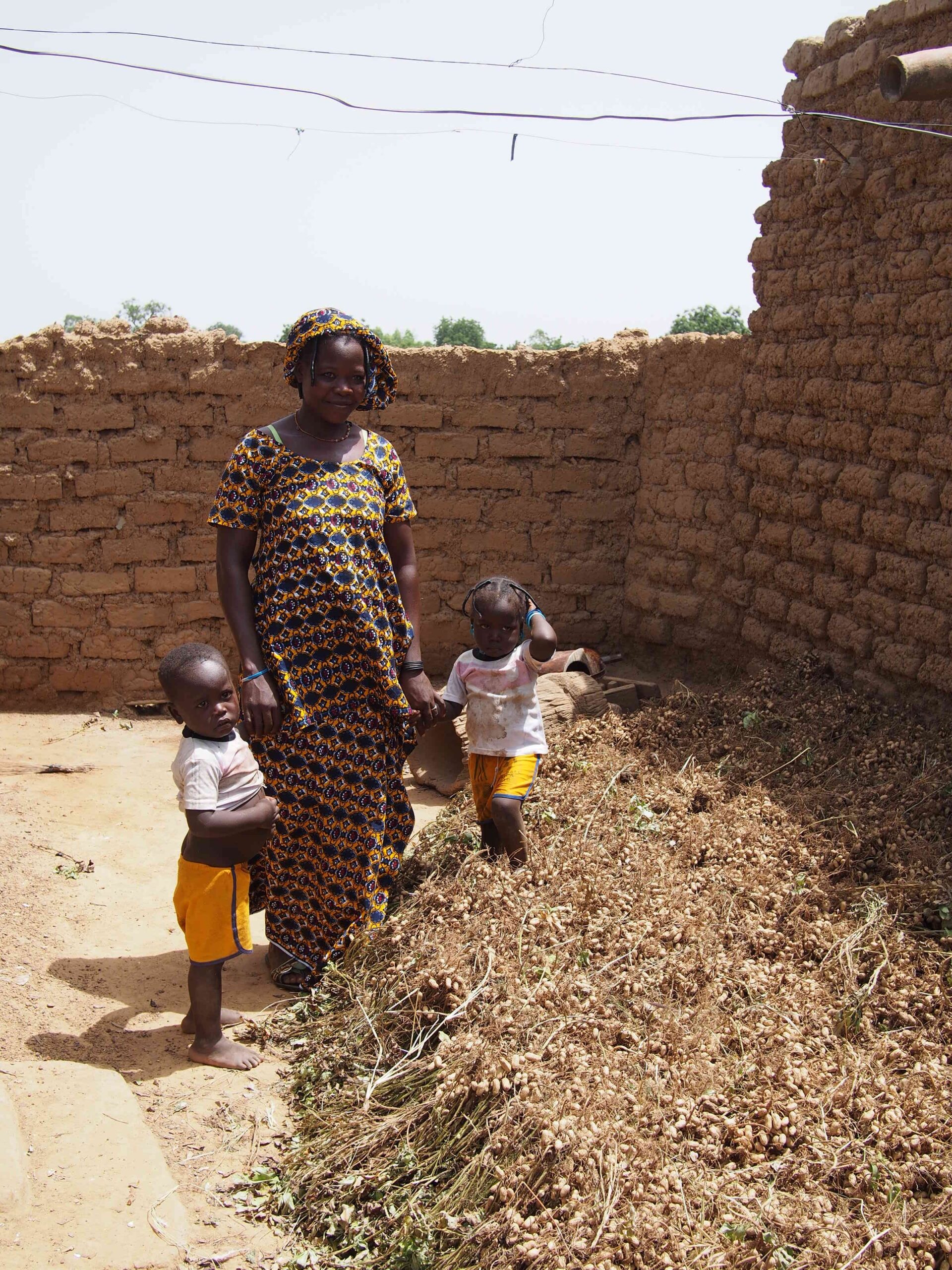
Habi began her journey to financial independence with Trickle Up in December 2014 as part of a project with our local NGO partner ADEFAD. The project focused on whether the economic benefits Habi would gain by creating a reliable income would have positive effects for her children. As part of the project, Habi received seed capital, training to start a new business activity, and regular coaching to help her solve problems and make business decisions. She also joined together with other women in the project to save and access credit, and share advice.
We recently checked in with Habi on a visit to her village in northern Burkina Faso, and she shared her story with us.
“Since December 2014, I have been a member of a savings group in my village. There are 15 of us, and I am the savings group president.”
“At the start of the project after the group received training, I chose to increase my income by selling peanuts and raising sheep. With the seed capital I received from the program, I bought one sheep for $57 (35,000 francs) and invested the other $24 (15,000 francs) in peanuts to sell.”
“During the first months of my new businesses, I made an average profit of $8 (5,000 francs) per month just from selling peanuts. I set aside on average enough to buy 4 shares [$1.31 or 800 francs] in the savings group each week.”
“With coaching and increased knowledge from the savings group, I diversified my livestock activities to also raise chickens. This strengthened my economic capacity, which allowed me to increase my contribution to the savings group to 5 shares every Saturday at our weekly meeting. I’m also able to contribute to household expenses like healthcare, food, schooling, clothing, household equipment, etc.”
“Today, I have 7 sheep, 4 goats, and 15 hens.”
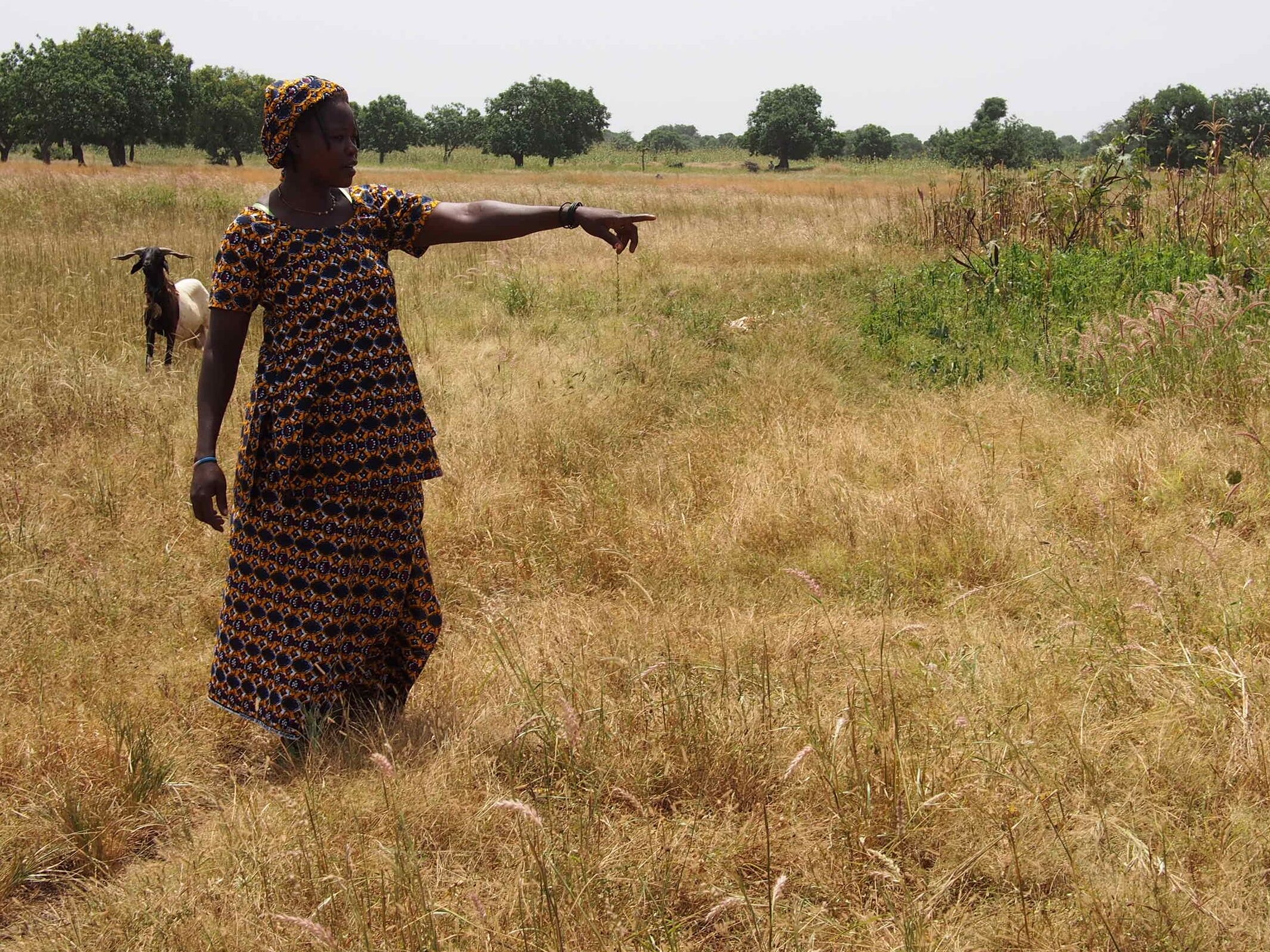
“I also invested this year in my agricultural production and was able to harvest 7 bags of peanuts, of which I have saved 3 bags to sell at the right moment, when prices have increased. I also started market gardening and my products are selling well in the market.”
“These additional investments in my businesses were possible because of $102 (63,000 francs) that I received from my savings and accrued interest in March 2016.”
“I continued to build my savings by setting aside money to pay for the future costs of enrolling my twins in school when they get older and the increased cost of sending my eldest to secondary school 7 km away. I am planning on opening a personal bank account at a financial institution in addition to the savings I have in the savings group.”
“My aim was to succeed in everything I do in order to satisfy my personal goals and needs. I wanted to feed my children with dignity—without having to beg, sleep on an empty stomach or eat less. I wanted to ensure my children have education and healthcare and to have a decent home for them. I wanted to be treated with respect like other people in my community and have my point of view heard. I didn’t want to live in extreme poverty anymore.”
“Today I am proud because I have been able to achieve these goals. The people of the village say that the women who were selected because of their extreme poverty, like me, have become great entrepreneurs today.”
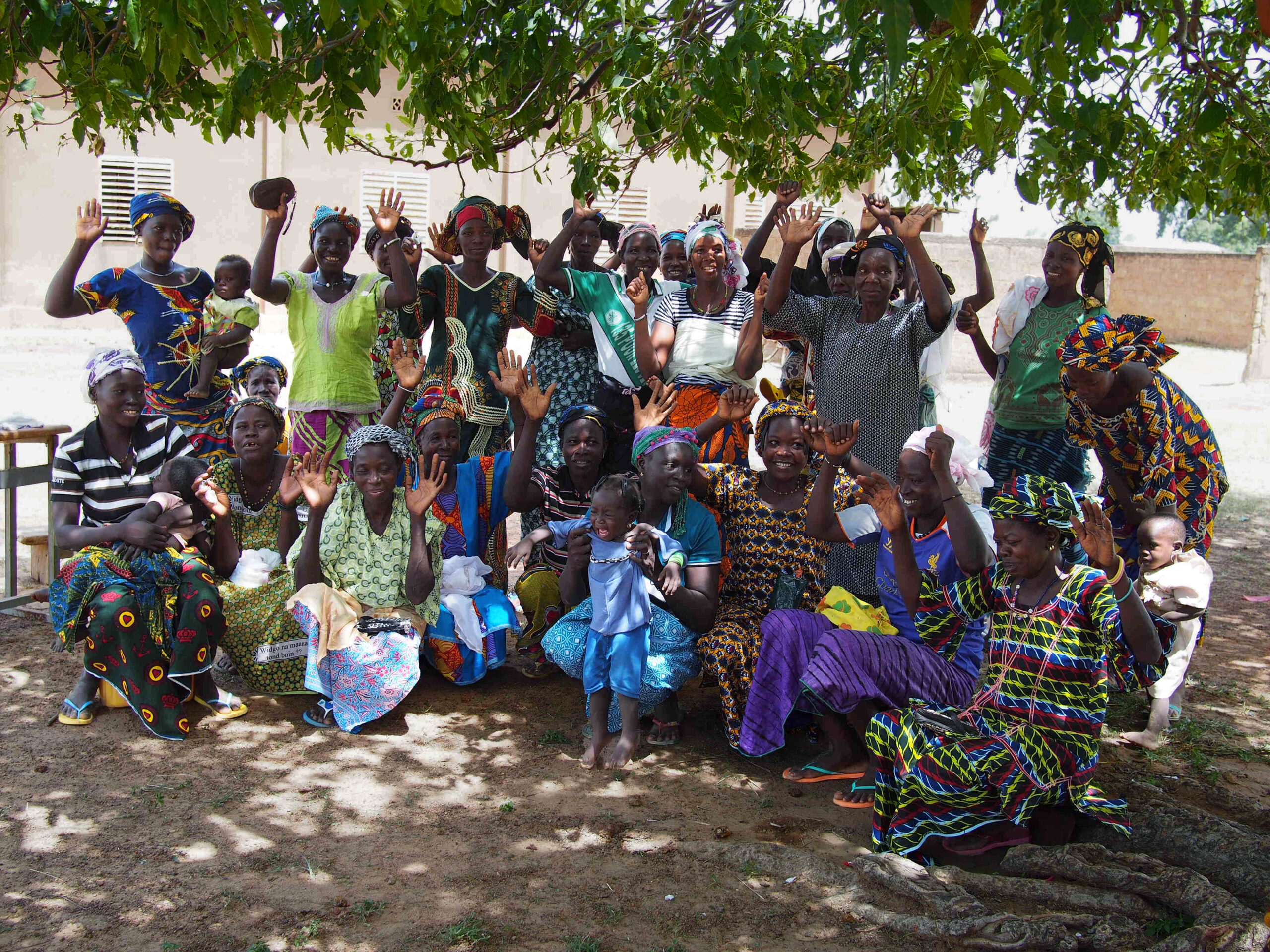
Habi attributes her success to a number of factors, the foremost of which is the support of the other women in her group, which she considers a source of trust, security, and solidarity. Beyond the sisterhood Habi feels her group provides, they also grant members low-interest loans and access to a social fund that can be used to help neighbors or fund community improvements. The trainings and awareness-building provided by Trickle Up and our local partners improved group members’ skills and confidence, she mentions, and she credits regular advice from her coach with helping her become more confident and capable of reaching her potential.
She tells us that other community members even worked together to support her and her fellow women by encouraging the involvement of local government officials. The community is now implementing preventative measures to ensure the safety of savings group meetings and the participants’ livestock, which now represent a large number of the village’s animals and have become a key community asset.
Habi has ambitions for the immediate future and wants to explore other opportunities to expand her income-generating activities. She’s eager to put her newfound knowledge and confidence to use in new ways and continue building her skills further. Having experienced education’s ability to increase confidence and empowerment, she plans to closely monitor her children’s school attendance to ensure that they perform well and are receiving a quality education.
“I want my children to succeed and be self-sufficient and serve the whole nation… In the end I want a better life, financially and socially,” she says.

